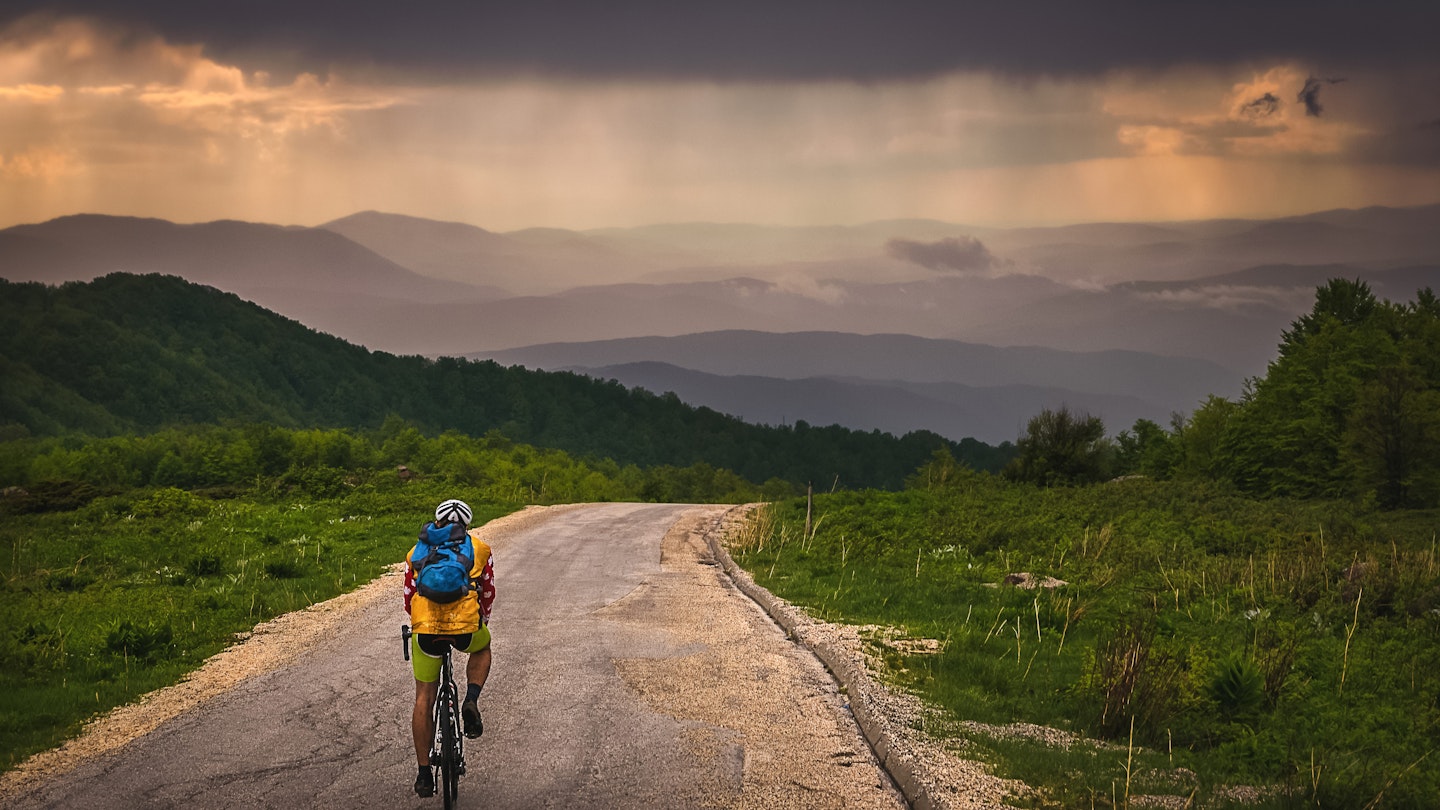Discover EuroVelo Cycling Routes in the Balkans
The EuroVelo cycling network is a sprawling system of paths stretching from the Arctic Circle to the Mediterranean and from the Atlantic Ocean to the Black Sea. Since its opening in 2001, it has expanded to include 16 routes that allow travelers to experience cross-border tourism and the stunning European landscape.
The five routes traversing the Balkan Peninsula in southeastern Europe are particularly rich in drama and culture. Here’s how you can explore the best of the Balkans by bicycle, at a leisurely pace, with clear signposts guiding your journey.
EuroVelo in the Balkans
Recently, the world has begun to appreciate the authentic beauty of the Balkans, a region nestled between the Alps and the Adriatic, Mediterranean, Ionian, Aegean, and Black Seas. Cyclists will enjoy winding trails along serene country roads, following rivers, ascending switchbacks, and passing through picturesque vineyards and vast sunflower fields.
The five Balkan EuroVelo routes connect nearly every country in the region: Slovenia, Croatia, Bosnia and Herzegovina, Albania, Montenegro, Serbia, North Macedonia, Romania, Bulgaria, Greece, and Turkey. These unique trails offer a rich tapestry of experiences, allowing cyclists to ride along coastal paths, mountainous terrains, and significant rivers. As you cycle, you’ll encounter hidden villages and traditions steeped in history, reflecting the cultures of the ancient Greeks, Romans, Ottomans, Venetians, and Austro-Hungarians.

EuroVelo 6: Atlantic–Black Sea
The EV6 is one of the most recognized routes within the EuroVelo network. Stretching over 4,400 km across 10 countries, it travels from the Atlantic coast of France to the Black Sea in Romania. Along the way, it connects Switzerland, Germany, Austria, Slovakia, Hungary, Croatia, Serbia, and Bulgaria. This mostly flat route primarily follows major rivers like the Loire, Rhine, and Danube.
Entering the Balkans from Hungary, the route flows into Croatia, where it takes a scenic turn, guiding riders over levees and through farming landscapes. While camping is possible, many affordable pensions can be found in roadside villages and cities, providing genuine local experiences.
Key stops along this section of the route include Osijek in Croatia, Belgrade in Serbia, Ruse in Bulgaria, and Constanţa in Romania.
EuroVelo 8: Mediterranean Route
The sea-focused EV8 runs roughly 7,500 km from Cyprus to Cádiz, traversing 12 countries and passing 23 UNESCO sites. For those who cannot undertake the entire route, the Balkan countries offer a manageable yet rewarding ride. Cyclists will explore Slovenia, Croatia, Bosnia and Herzegovina, Montenegro, Albania, and Greece.
Key stops along this Mediterranean journey include Rijeka, Zadar, and Dubrovnik in Croatia; Kotor in Montenegro; Tirana in Albania; and Athens in Greece.

EuroVelo 9: Baltic–Adriatic
Stretching 2,270 km from the Baltic to the Adriatic Seas, the EV9 may be shorter than other routes, but its compact nature brings unique beauty as it winds through central and eastern Europe. Cyclists will cross through Poland, the Czech Republic, Austria, Slovenia, Italy, and Croatia.
This route enters the Balkans in Slovenia, allowing riders to traverse diagonally across the nation, including Ljubljana and the stunning foothills of various mountain ranges. After visiting Trieste, Italy, the path continues down the Adriatic Sea along Croatia’s Istrian Peninsula.
Key stops in the Balkans for this route include Maribor in Slovenia and Poreč and Pula in Croatia.

EuroVelo 11: Eastern European Route
The EV11 runs approximately 7,000 km from Norway just below the Arctic Circle to Athens, linking 11 countries and six capital cities along the way.
This route enters the Balkans by crossing from Hungary into Serbia, moving through North Macedonia and Greece. While much of the landscape is pastoral and enriched with old-world charm, three capital cities are visited in this segment: Belgrade in Serbia, Skopje in North Macedonia, and Athens in Greece.
EuroVelo 13: Iron Curtain Trail
The EV13 is the longest EuroVelo route, extending over 10,400 km. This journey crosses 20 countries, reaches three seas, and connects with 14 UNESCO World Heritage sites. It showcases a diverse array of landscapes, from flat roads to mountains, significant rivers, vineyards, and historic villages.
As suggested by its name, the Iron Curtain Trail is more than just a cycling path; it narrates the historical divisions of 20th-century Europe. Riders follow a historical route that connects the past with the present, encouraging appreciation of the peace and reconciliation that has followed the fall of the Iron Curtain.
The EV13 enters the Balkans while skirting the Hungarian border and traversing through Slovenia, Croatia, and Serbia. This route passes through eight countries within the Balkan Peninsula, including Romania, Bulgaria, North Macedonia, Greece, and Turkey.




